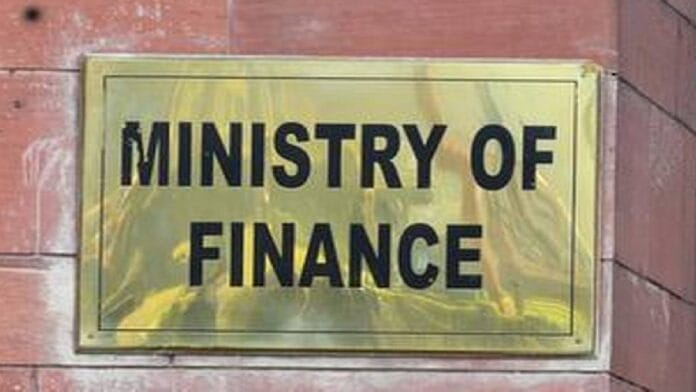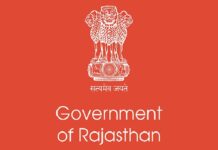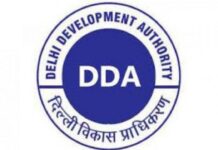Nearly four months after the retirement of Finance Secretary Ajay Seth (IAS:1987:KN), the key post continues to remain vacant, leaving one of India’s most critical ministries without a central administrative head. The Ministry of Finance — overseeing taxation, expenditure, and economic reforms — is currently functioning without the coordinating authority that ensures policy coherence across its departments.
Six major departments under the ministry — Revenue, Expenditure, Economic Affairs, Financial Services, Public Enterprises, and DIPAM — are operating independently in the absence of a full-time Finance Secretary. This lack of coordination, officials say, risks procedural bottlenecks and inconsistent policy directions.
Cabinet Secretary TV Somanathan (IAS:1987:TN) is reportedly handling additional responsibilities for now, but senior officials have indicated that the arrangement is not ideal, especially with preparations for the upcoming Union Budget already underway. The absence of a dedicated Finance Secretary during this period could slow inter-departmental decision-making and affect policy alignment.
Traditionally, the senior-most secretary in the Finance Ministry is appointed as the Finance Secretary. At present, K Moses Chalai (IAS:1990:MN), Secretary of the Department of Public Enterprises (DPE), is the senior-most among the six. Other key secretaries include Arunish Chawla (IAS:1992:BH), Secretary, DIPAM; V Vualnam (IAS:1992:MN), Secretary, Expenditure; M Nagaraju (IAS:1993:TR), Secretary, Financial Services; Arvind Shrivastava (IAS:1994:KN), Secretary, Revenue; and Anuradha Thakur (IAS:1994:HP), Secretary, Economic Affairs — notably, the first woman to hold the position.
As the ministry heads into the critical budget season, the need for a full-time Finance Secretary has become increasingly urgent to maintain administrative discipline and ensure coordinated economic policymaking.




















